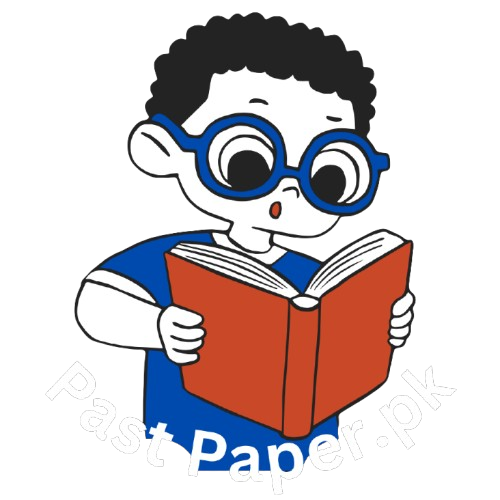CSS English Literature Past Paper 2008
Paper-I
PART-II (Subjective) 80 Marks
Attempt ONLY FOUR Questions from PART-II selecting TWO questions from EACH
SECTION. (20×4)
PART-II
SECTION-I
Q. 2 “In his youth, Wordsworth was a rebel and a revolutionary and reacted against the conventions of his age, although he began to decline as a poet as he grew older.” Comment on this criticism of Wordsworth, giving reasons why you agree/disagree.
Q. 3
“For mercy has a human heart
Pity a human face
And love the human form divine
And Peace the human dress …
And all must love the human form,
In heathen Turk or Jew:
Where Mercy, Love and Pity Dwell
There God is dwelling too.”
Who wrote these verses? Comment on whether you think they are merely moral platitudes or spring from the poet’s sincerity.
Q. 4 Keats was a Romantic poet who believed in the importance of sensation and its pleasures, which included taste, touch, smell, as well as hearing and sight. How far do you think he fulfills these beliefs in his poems?
SECTION-II
Q. 5 Browning had a “robust optimism,” unlike the other Victorian poets who were worriers and doubters. Do you agree with this? Explain your answer through examples of Browning’s poetry.
Q. 6 Do you believe that it was Hardy’s intention to depict Tess as a victim of divine sadism? In your opinion, how successful was he in creating feelings of anger, frustration, and resentment in the reader?
Q. 7 How far do the stories of Dickens reflect the social evils of the Victorian Age? Explain with reference to any two of his novels.
Q. 8 Write critical notes on any TWO of the following:
(a) Characterization in the novels of George Eliot
(b) Depiction of upper-class society in the plays of Oscar Wilde
(c) The influence of the occult in the poems of Blake
(d) Shelley as a revolutionary poet
Paper-II
PART-II (Subjective) 80 Marks
Attempt ONLY FOUR Questions from PART-II. (20×4)
PART-II
Q. 2 “In Hamlet we see a great, an almost enormous intellectual activity and a proportionate aversion to real action consequent upon it.” Examine this remark by Coleridge.
Q. 3 “Faithful Observation, personal detachment, and a fine sense of ironic comedy are among Jane Austen’s chief characteristics as a writer.” Discuss and illustrate from Pride and Prejudice.
Q. 4 Discuss Gulliver’s Travels as a mock epic.
Q. 5 “Pygmalion is described as ‘A Romantic in Five Acts’ by Shaw, whereas it is anti-romantic in spirit.” Do you agree? Substantiate your view by illustrating from the play.
Q. 6 “Yeats’ symbols, like his mask, by their triple reference to self, world, and spirit, achieve on the aesthetic plane a unity of being impossible in life.” Interpret Yeats’ poem Byzantium in the light of this remark.
Q. 7 Frost had rejected the revolutionary principles of his contemporaries, choosing instead ‘the old-fashioned way to be new’. He employed the plain speech of rural New Englanders and preferred the short, traditional forms of lyric and narrative. Discuss by illustrating from the poems you have read.
Q. 8 “Nothing else so truly reflects the age and redeems it.” How far is it a just remark about T. S. Eliot’s The Waste Land?
